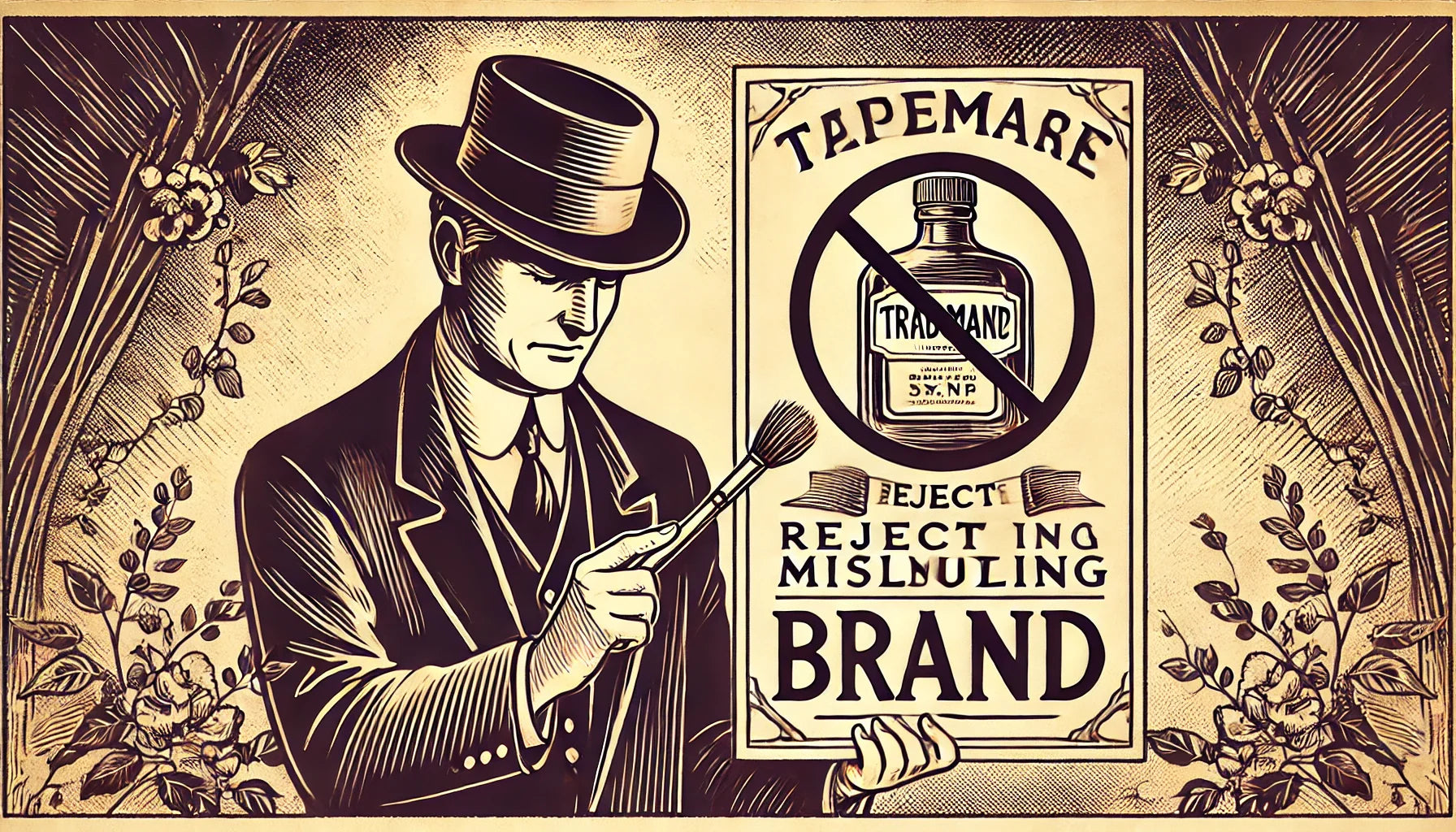The digital landscape is vast and ever-expanding, with millions of websites and URLs circulating across the internet. As individuals and businesses establish their online presence, the question of ownership and availability of URLs becomes increasingly relevant. However, it is crucial to recognize that claiming someone's URL solely because they aren't actively using it is ethically and legally problematic. In this article, we explore the reasons why you cannot take someone's URL just because they aren't using it and the importance of respecting digital identities.
- Ownership and Intellectual Property Rights:
URLs serve as digital addresses that uniquely identify websites and online resources. When individuals or organizations register a domain name, they acquire ownership rights and establish their digital identity. Ownership of a URL is protected under intellectual property laws, and infringing upon someone's rights by taking their unused URL can lead to legal consequences.
- Respect for Branding and Reputation:
Unused URLs may be associated with a specific brand, individual, or organization. Even if a website is inactive, the URL may still hold value in terms of brand recognition, marketing potential, or future use. Taking someone's URL without their consent undermines their branding efforts and potentially damages their reputation. Respecting the digital identity of others is not only a matter of courtesy but also a way to maintain trust within the online community.
- Unforeseen Future Plans:
It is important to acknowledge that people may have legitimate reasons for not using a particular URL at a given time. They may be planning a future project, keeping the URL as a placeholder, or simply experiencing a temporary hiatus from online activities. Assuming that an unused URL is up for grabs disregards the individual's autonomy over their digital presence and their potential plans for the future.
- Abandonment and Releasing URLs:
While unused URLs may seem available, determining whether a URL has been truly abandoned can be challenging. The mere absence of a website or activity does not automatically grant ownership rights to another party. In cases where a URL has been abandoned or released intentionally, there are established protocols and processes for acquiring such URLs, such as domain name auctions or registration through authorized channels.
- Legal and Ethical Considerations:
Engaging in URL squatting or cyber-squatting, which involves registering or using a domain name with the intention of selling it at an inflated price, is widely regarded as unethical and can be illegal. Authorities worldwide recognize the importance of protecting digital identities and intellectual property rights, and there are mechanisms in place to address domain name disputes.
In the vast digital realm, it is crucial to respect the ownership, branding efforts, and future plans of individuals and organizations. While unused URLs may appear available, taking someone's URL without permission or legal entitlement is not only ethically questionable but also potentially illegal. Preserving digital identities and intellectual property rights fosters a healthier and more trustworthy online environment where individuals and businesses can thrive. Let us promote a culture of respect and understanding by recognizing the value of each unique digital presence and the significance of maintaining a sense of ownership over one's digital identity.





